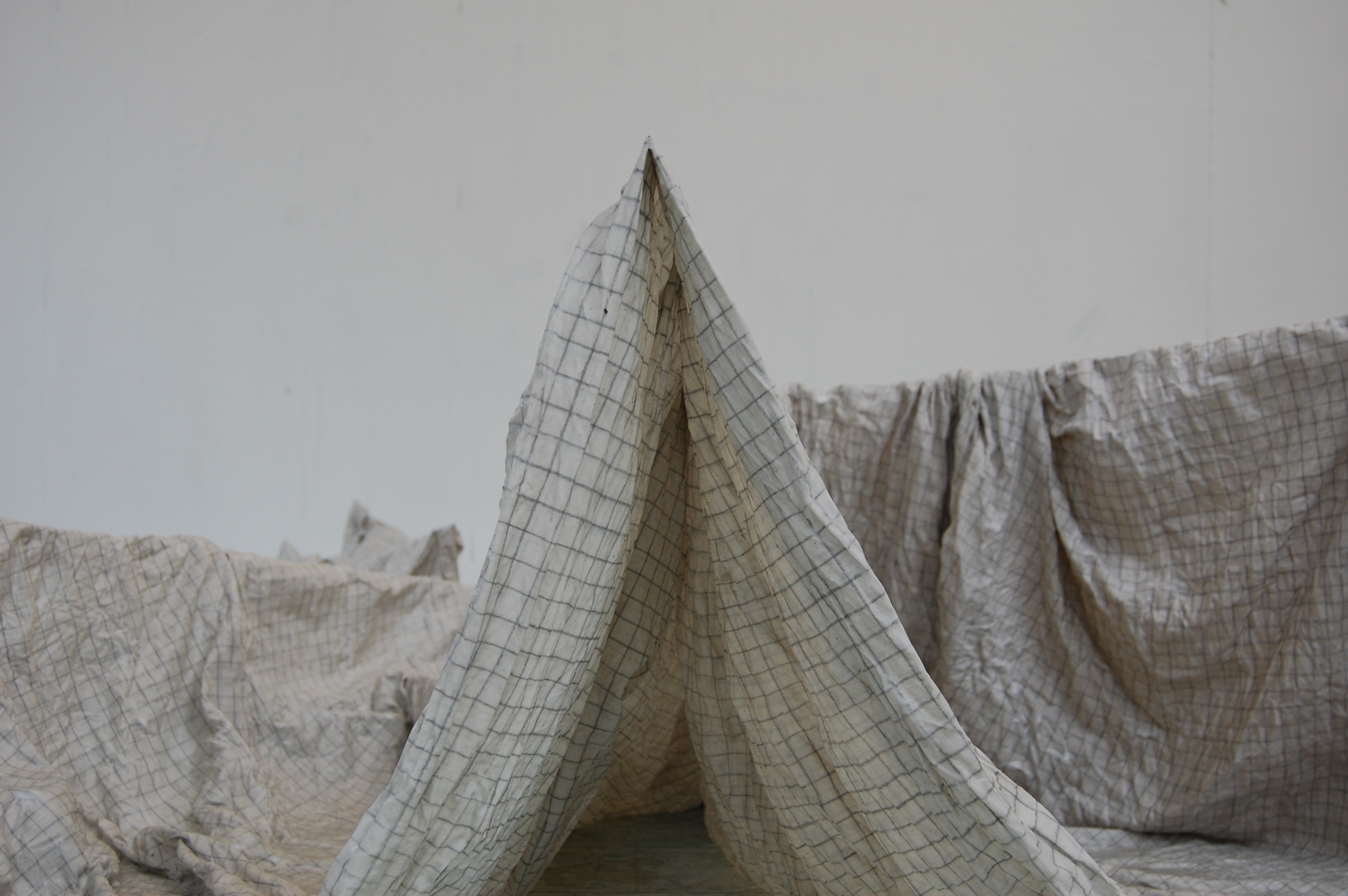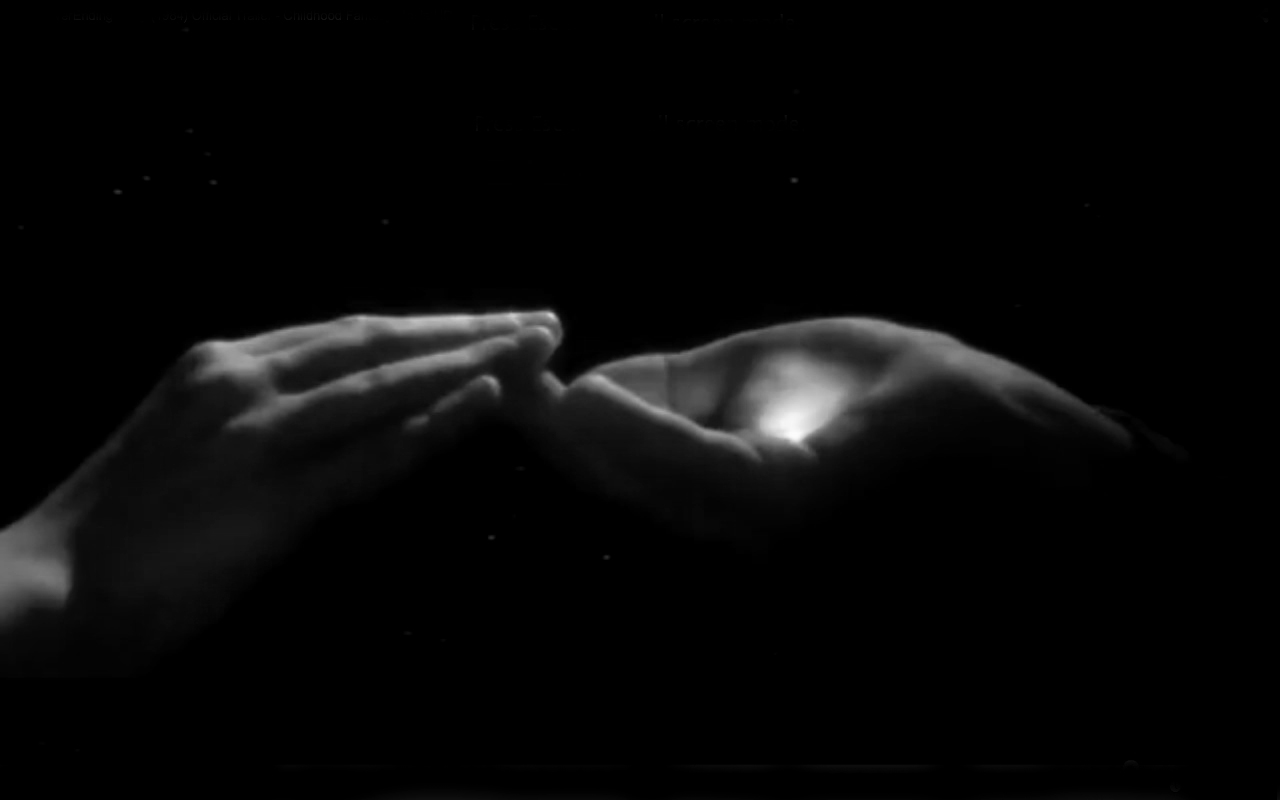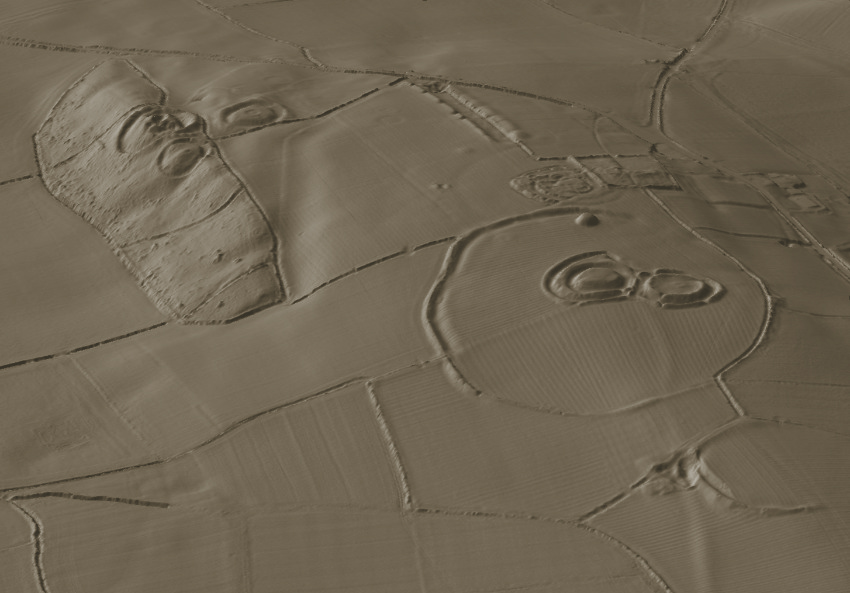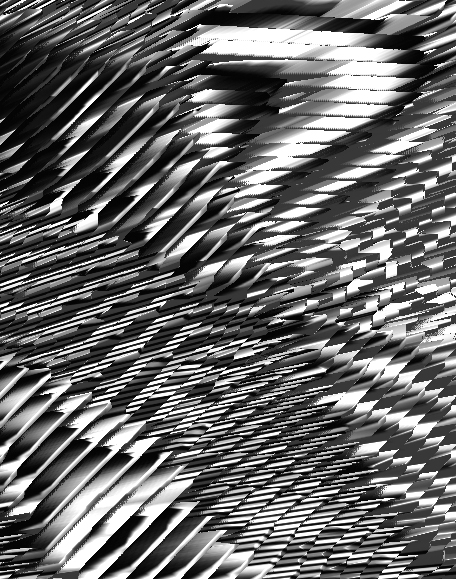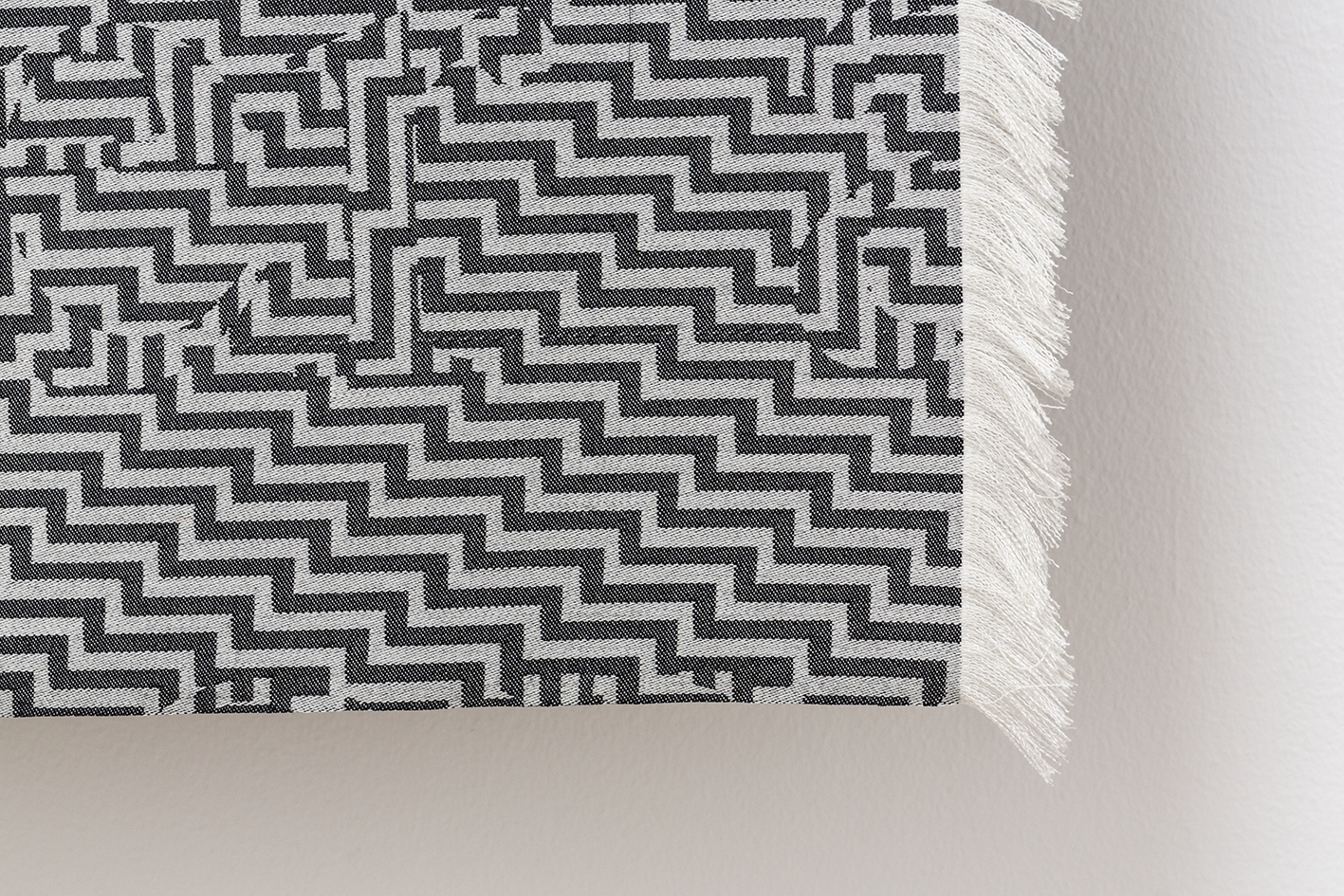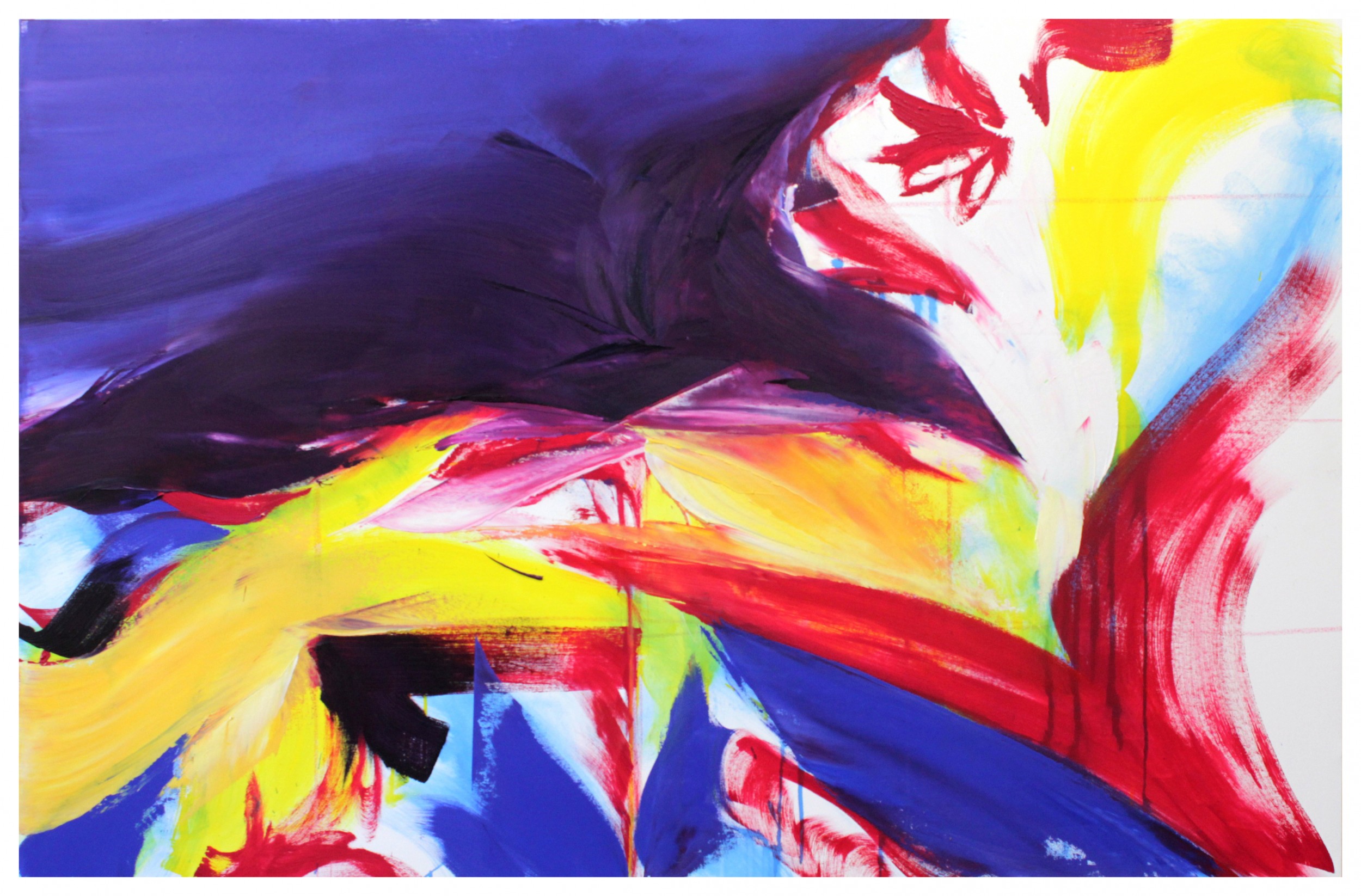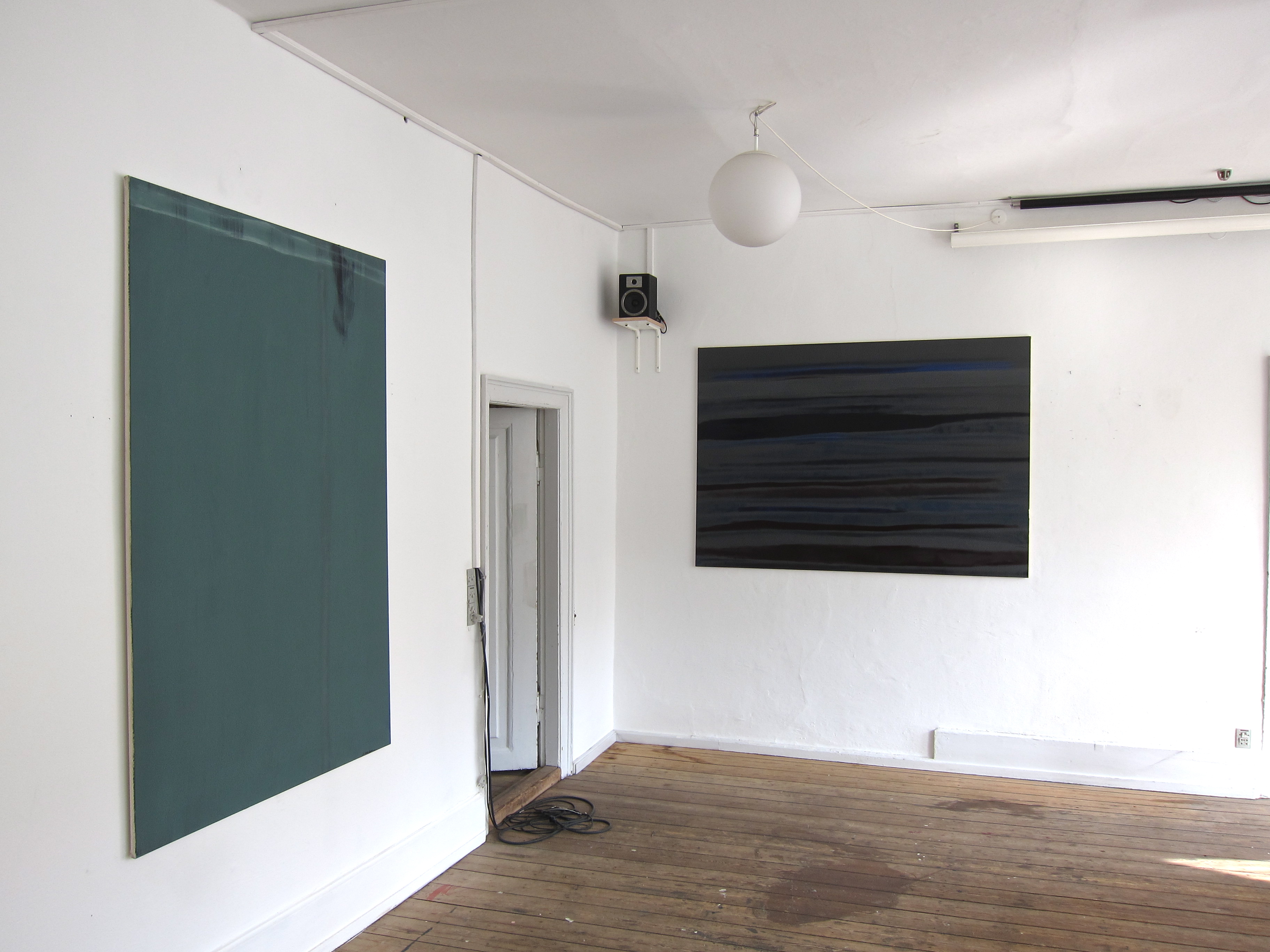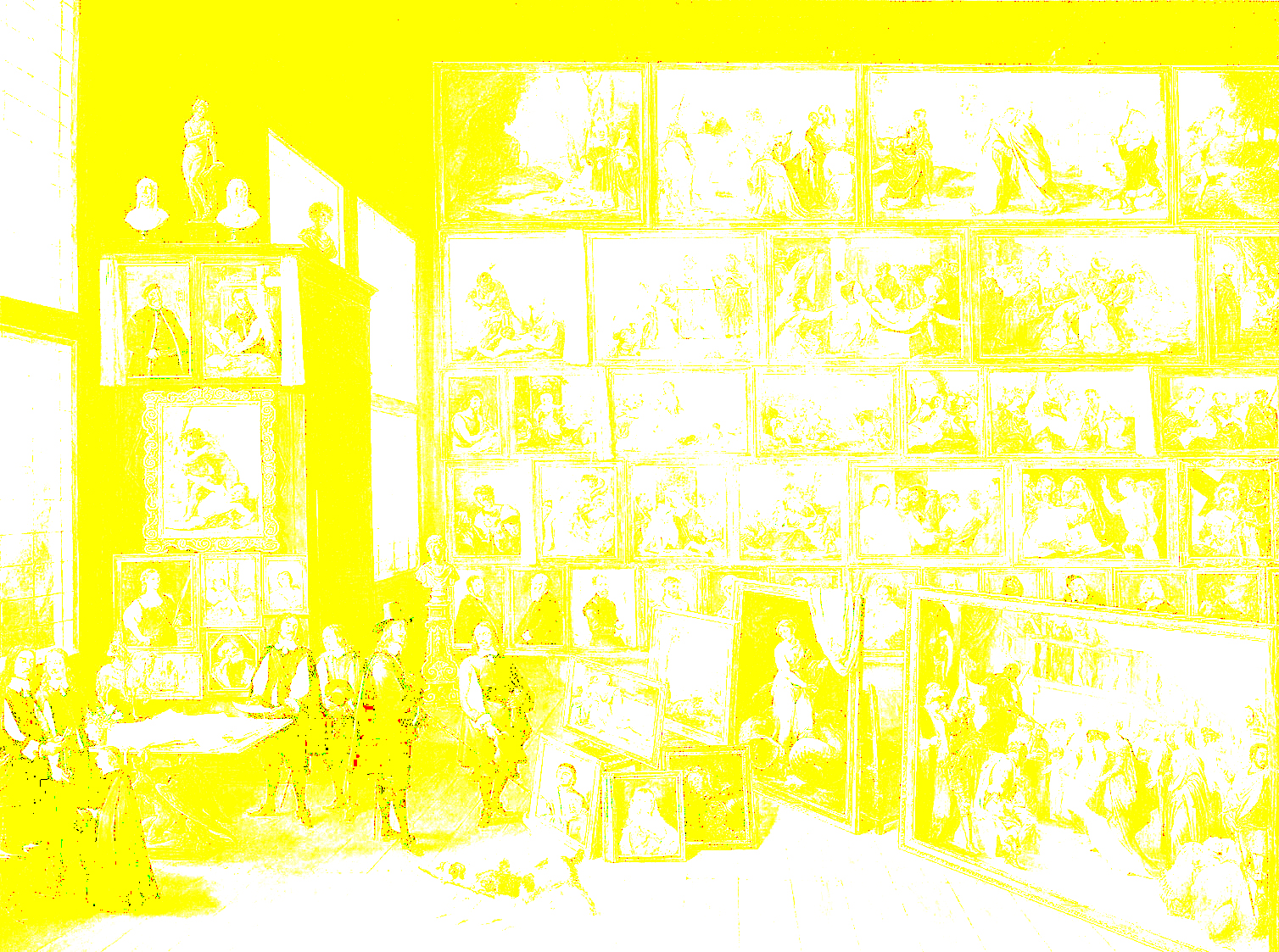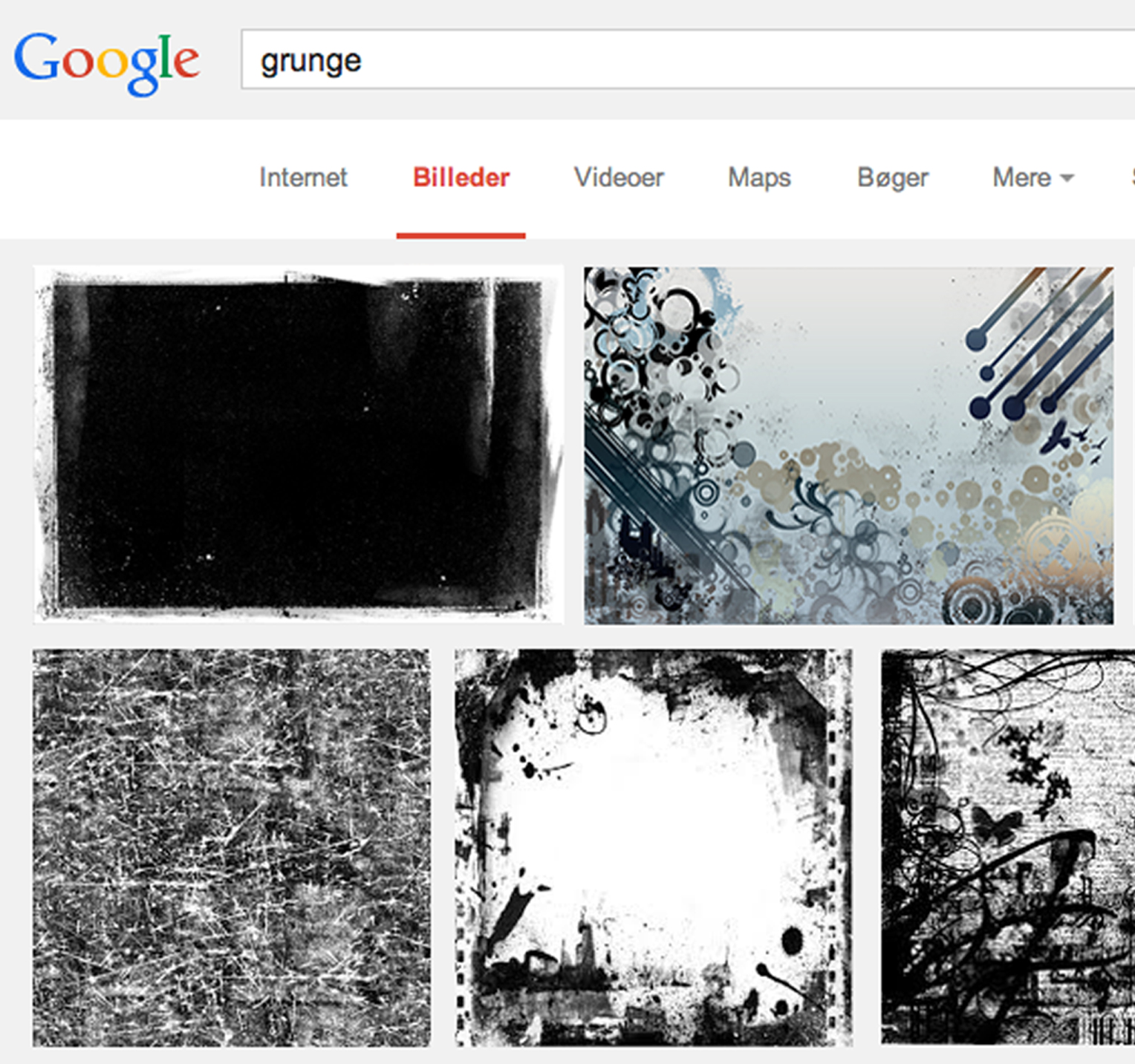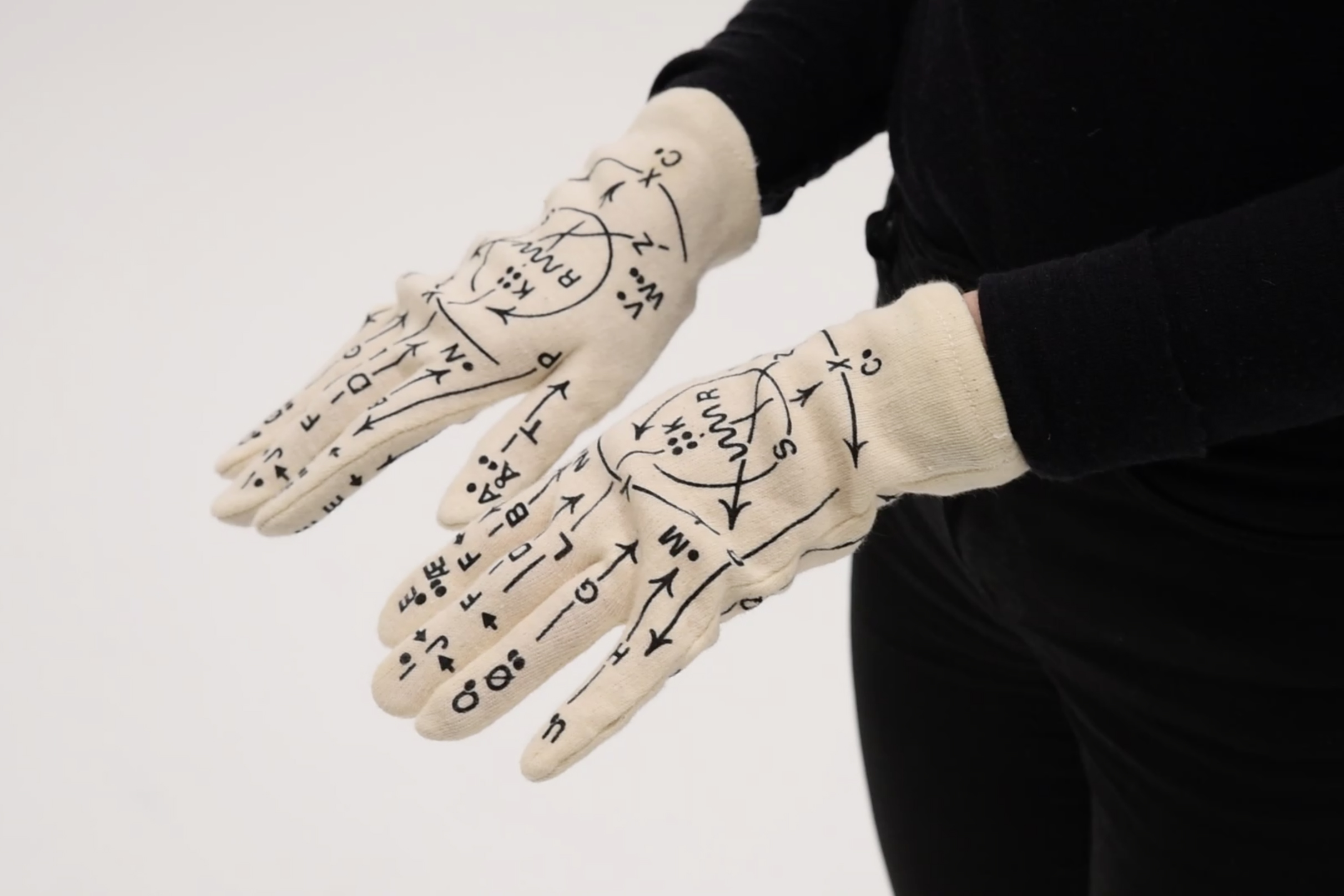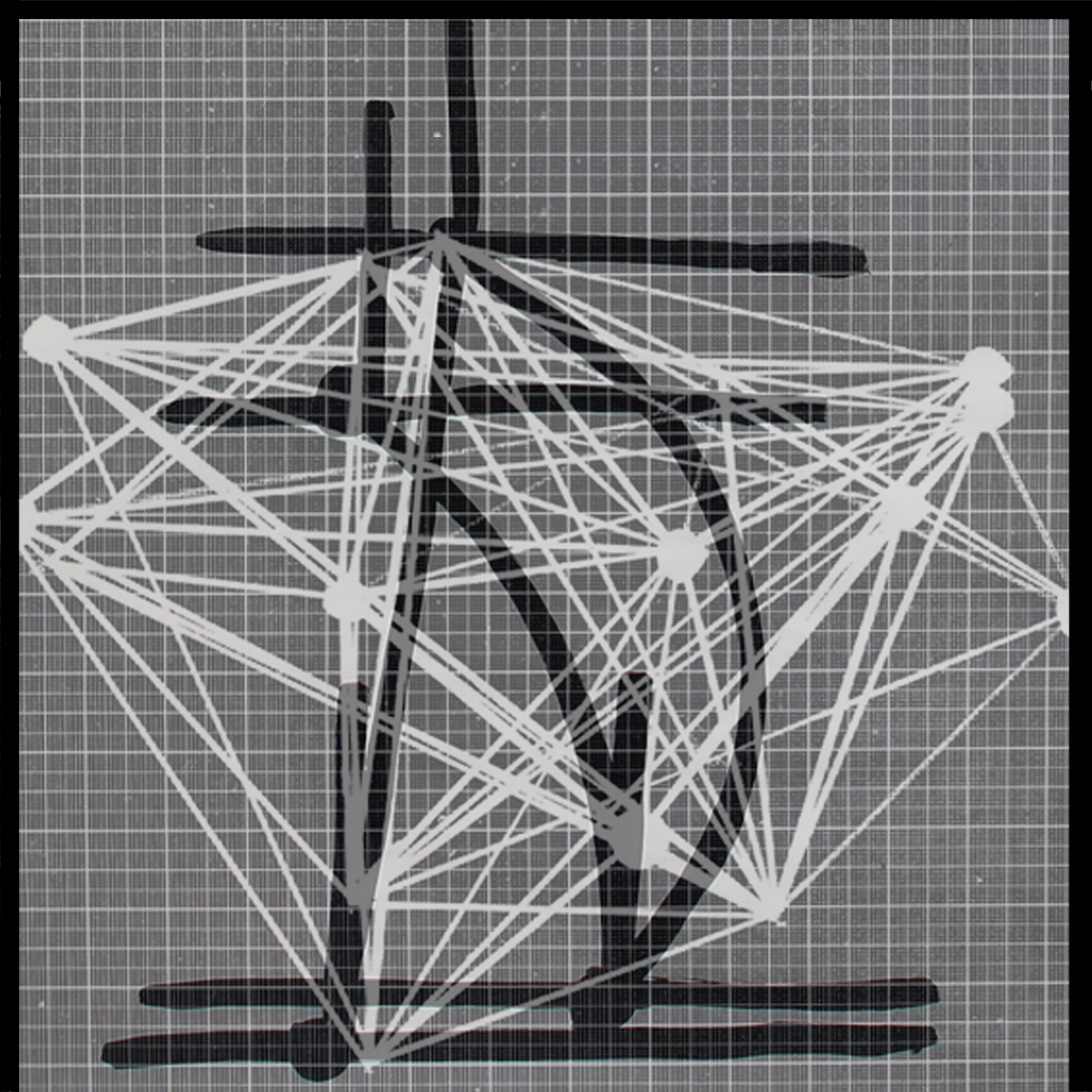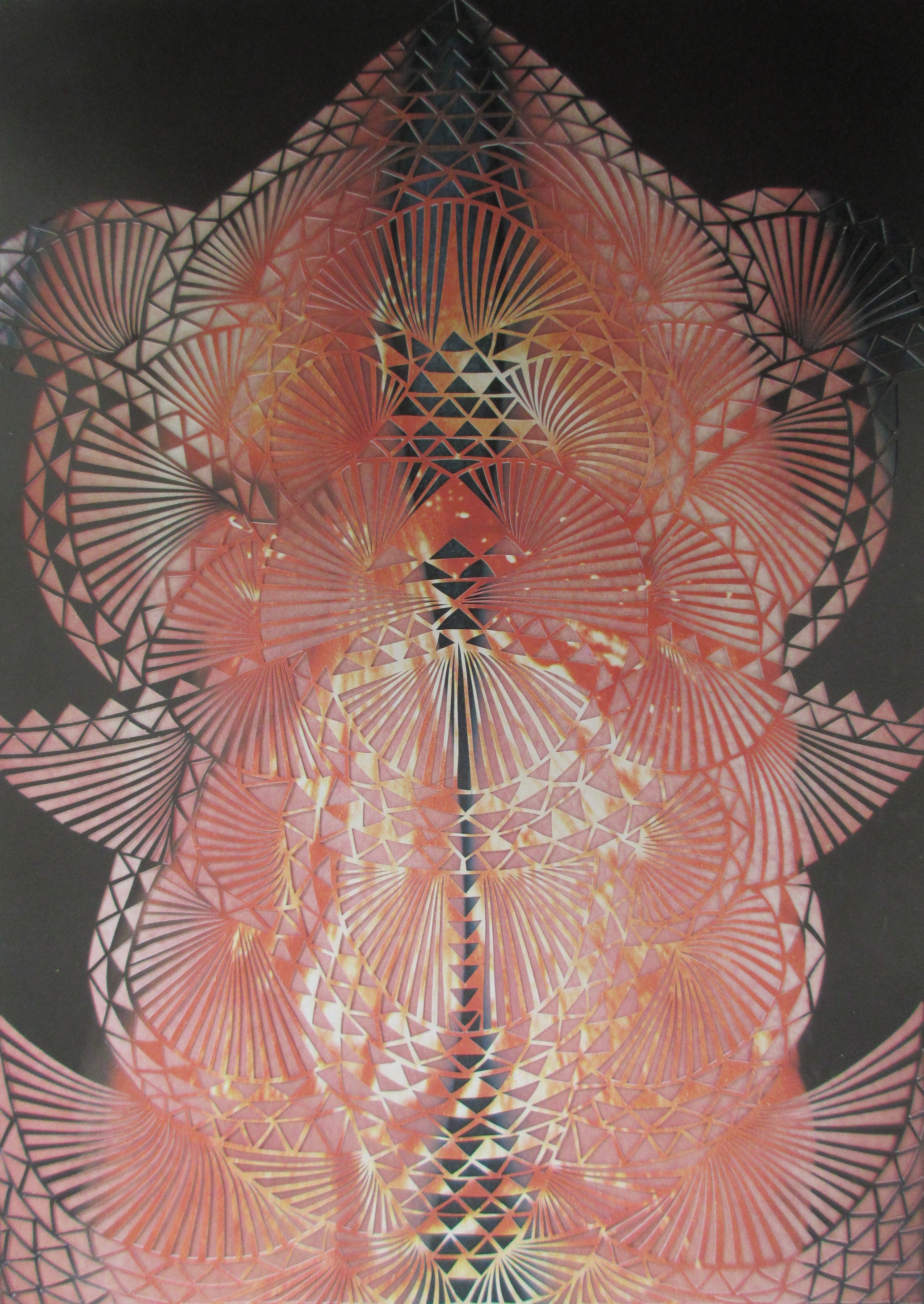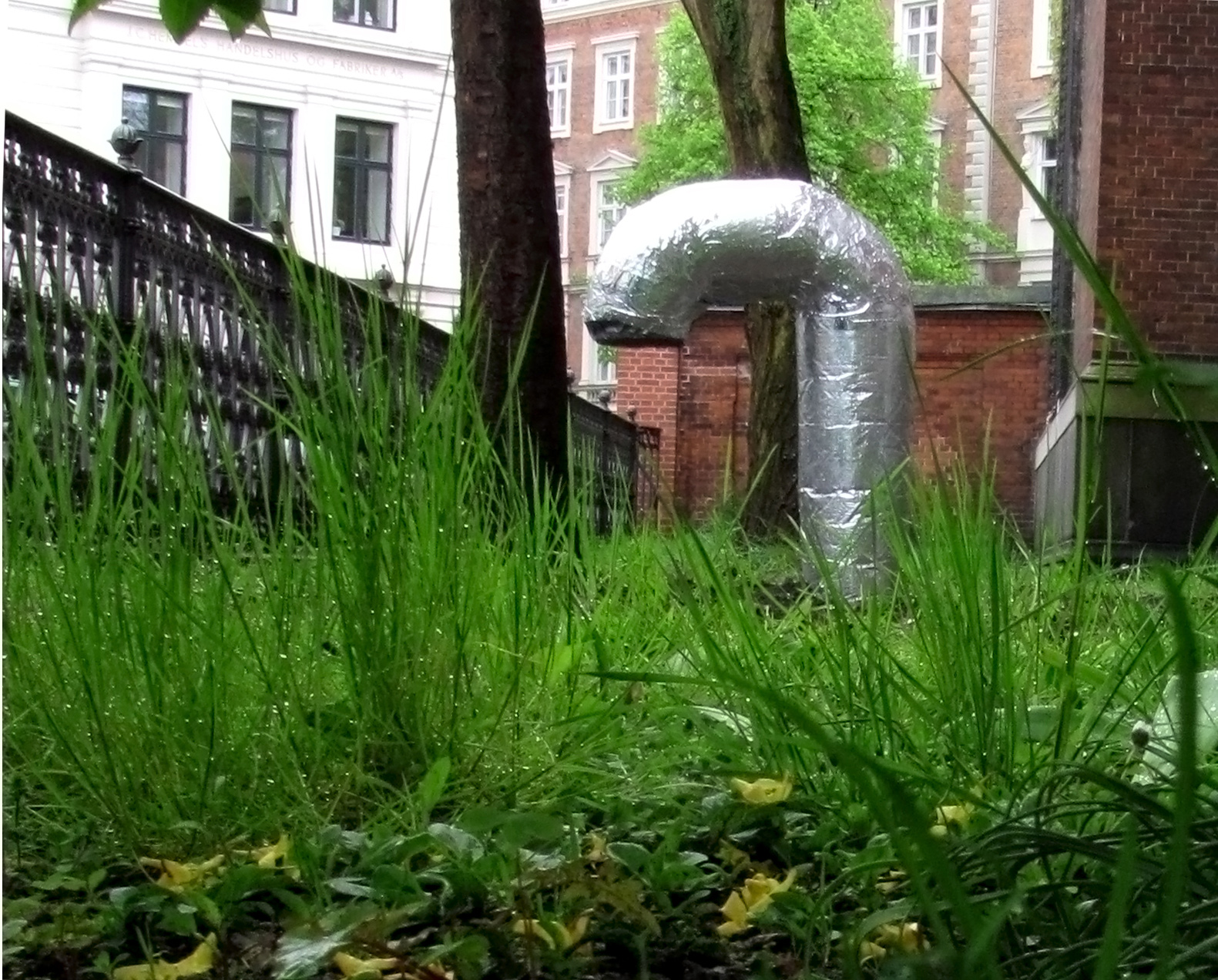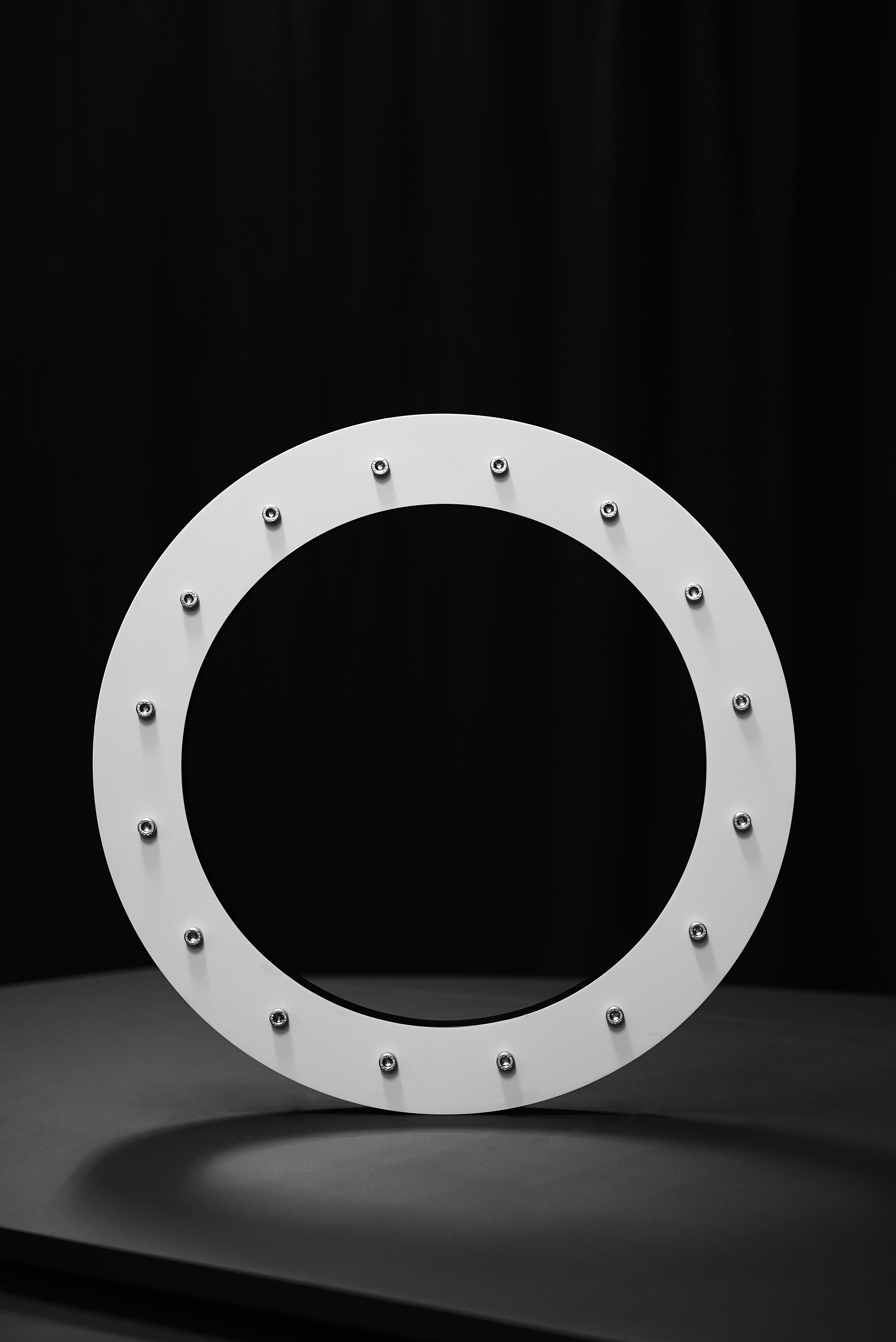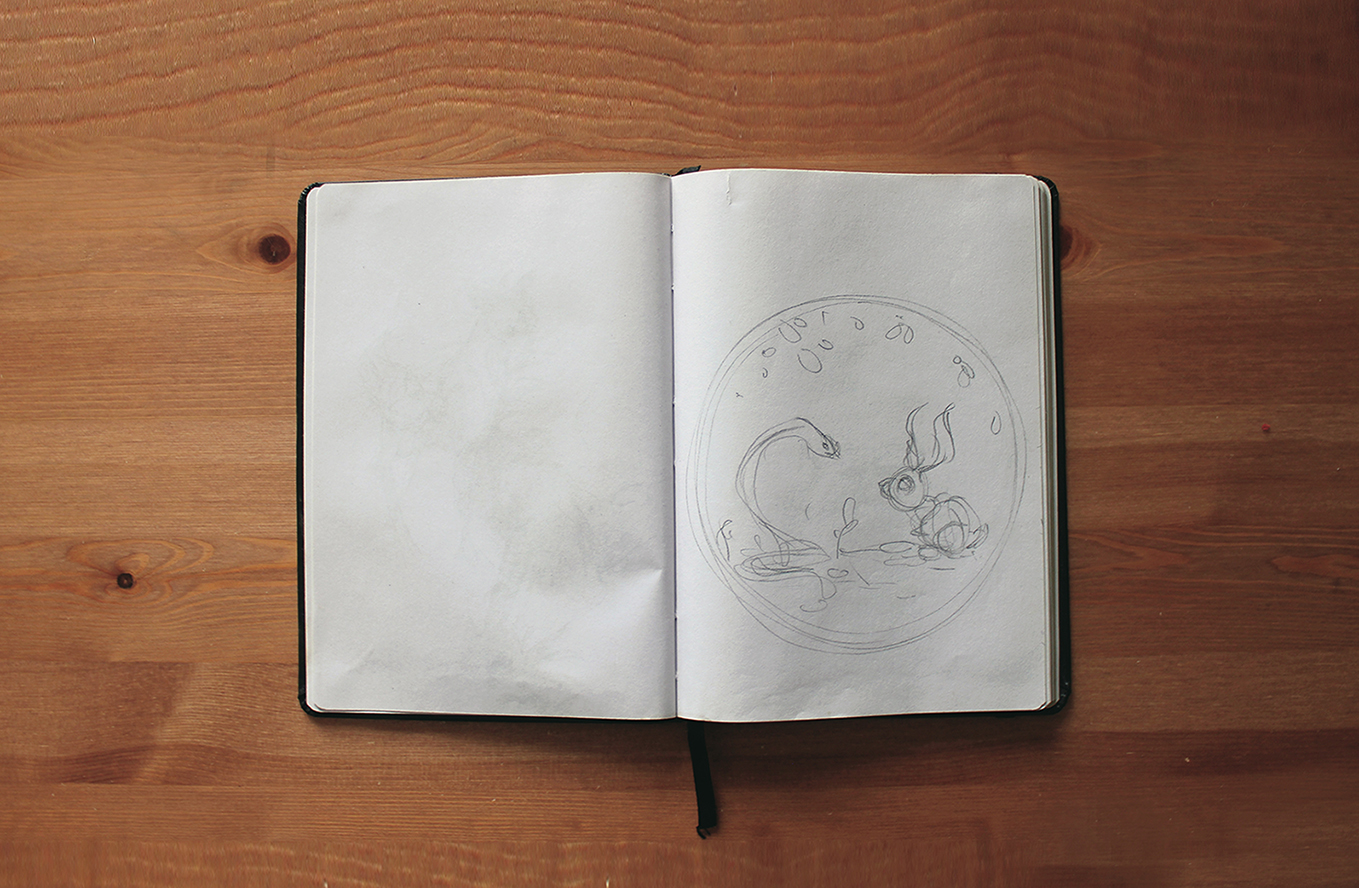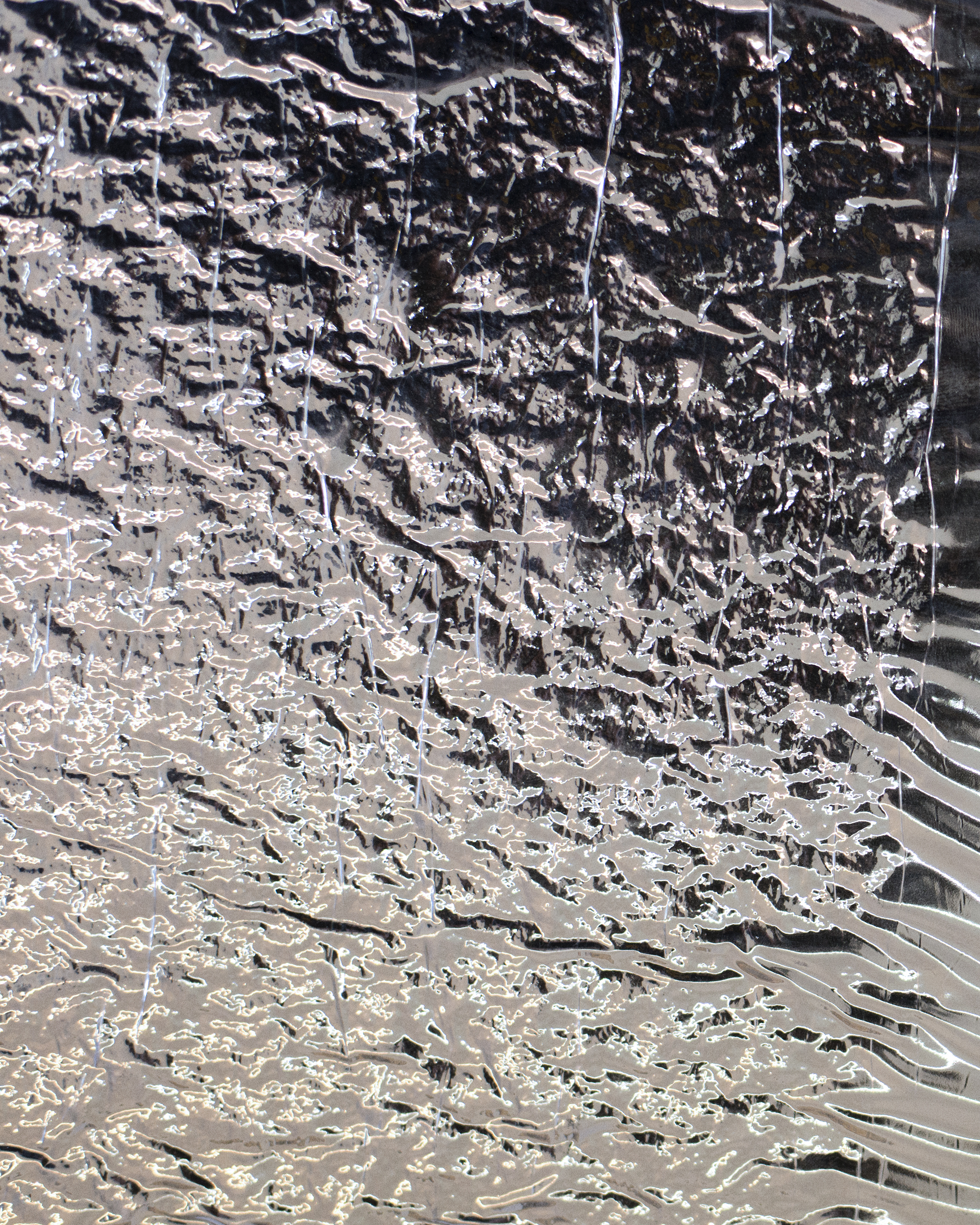Lea Guldditte Hestelund
1983, The School of Sculpture Charlottenborg Billedhuggerskolen Charlottenborg http://www.leagulddittehestelund.dk
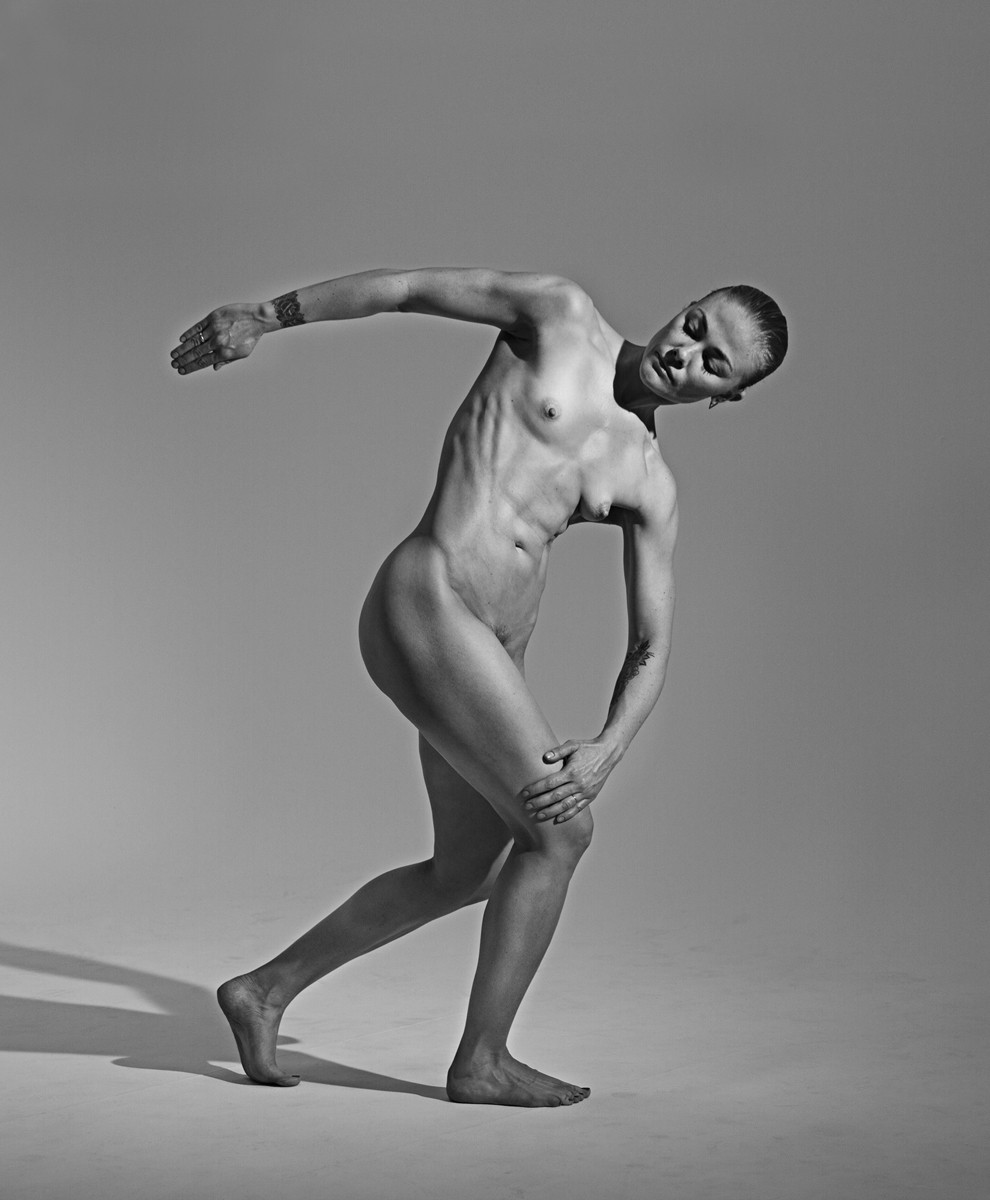
By Arne Skaug Olsen
Dear Lea
When you first told me about your project – to recreate your body in the image of the The Discobolus of Myron – an avalanche of things from my own backyard of interests came rushing into my field of vision; quite a few of them we discussed that night, in particular the complicated issue of dietary requirements and restrictions necessary for producing the ‘ideal’ body. I tend to initially explore a process through it´s particularities (like protein synthesis or lipid metabolism), however what strikes me is how rich this subject matter is in speculative possibilities. Trying to re-trace our steps now, we discussed Richard Wranghams investigation of fire as – metaphorically – a part of our digestive system and a prerequisite for the development of language; we talked about Vilhjalmur Stefanssons Advenures in Diet, his time among the Inuits as an anthropologist between 1906 and 1918, and how this informed his decision to undergo an experiment and for one year eat nothing than meat. Wranghams ideas are perhaps not as directly relevant to your effort to deal – quite literally – with ‘ideals’ as Stefanssons, but they tangentially touch upon a very relevant questions: Is it possible to imagine ideals without language, or is it precisely the ability to hand down knowledge from generation to generation through stories and mythologies that created this fantasy of something singular and perfect in its own right? It is a lovely thought, as Wrangham suggests, that the invention of fire was necessary for the invention of language and the subsequent development of tools and technology. This handing down of knowledge requires a complex set of interrelations between individuals, linking the body, the tool and language: instruction. In his essay Techniques of the Body, Marcel Mauss explores the body as a tool from an anthropological perspective, and shows how both cultural and natural circumstances has created widely different ideals. In one particularly personal paragraph, he describes how swimming instructions had changed during his lifetime. He writes in 1934 “… the habit of swallowing water and spitting it out again has gone. In my day, swimmers thought of themselves as a kind of steam boat. It was stupid, but in fact I still do this: I cannot get rid of my technique.” There is an order to things; which more or less sums up the concept of being instructed. However, to arrive at this order of things is more often than not a subscription to ideals that do or don´t make common or otherwise sense. It´s easy to see today that Mauss´ steam boat swimming technique is based on idealization of machines, modernity and progress – but certainly not on being effective or functional. Mauss was born in 1872 and would have experienced the Great Acceleration of technological and scientific development of the Modern age. However, the question of the human body as a tool is perhaps an even more interesting – and complicated – question today than when Mauss was developing his anthropology. Taking Graham Harmons reading of Heideggers tool-analysis in Being and Time into account, the question might be whether there is much sense in distinguishing between the body-tool and any other tool. In his tool analysis, Heidegger shows how a functioning tool withdraws from access, and it´s only when it´s broken that it presents it self. Harmon argues that this withdrawal is an essential property of things, which implies that most things don´t reveal themselves, to us or to themselves: “Idealism (…) is unworkable, since there exist real things whose core reality is withdrawn from access, even by themselves.” In his book Hyperobjects, Timothy Morton argues that there is a flatness to Harmons (object oriented) ontology that leaves little difference between a thing and a person (the tool or the body-tool), and practically no room for idealism. This opens up a vast philosophical playing field beyond Kantian correlationism that reveals the existence of hyperobjects – things much larger than the human scale. The problem of hyperobjects, Morton writes, “is not one that modernity can solve” and what we´re witnessing is the “Titanic of modernity hits the iceberg of hyperobjects” as he More importantly, this ontology brings with it a new ecological reality that simultaneously displaces humans (again) from the proverbial centre of the universe and gives us an appropriate role in a scale that is larger than before. We are just realizing that we´ve entered an epoch where humans have changed the planet at a magnitude that will be visible on a geological scale. Consider this: What´s the half-life of a human body? A matter of months? The half-life of a life lived? I think of a lifetime of accumulated waste and I shudder. To bring this back to your question, Lea, I believe that the concept of ‘ideals’ is highly anthropocentric, and it can be traced through evolution as a bi-product of tool making and language – and thus as a prerequisite for abstract thinking. This makes ideals and idealism questionable from an ecological point of view, (as well as from a philosophical) which I believe Harmon & Morton shows. As a vernacular concept, ideals are among the most problematic concepts out there. Especially when they deal with bodies, ways of being and living. The notion that there is only one solution to a problem – problems are notoriously complex – is not only nearly always wrong, it also does not take into consideration that there might not be a problem in the first place, only another ideal or sets of ideals that contradict each other. This is exactly the beef that Rancière has with Plato about politics – but that´s another conversation for another time.
In the beginning of this letter I tried to re-trace our first conversation about your project. I might have gotten lost on the way, but I hope you don´t mind. We can always start over.
Your friend,
Arne
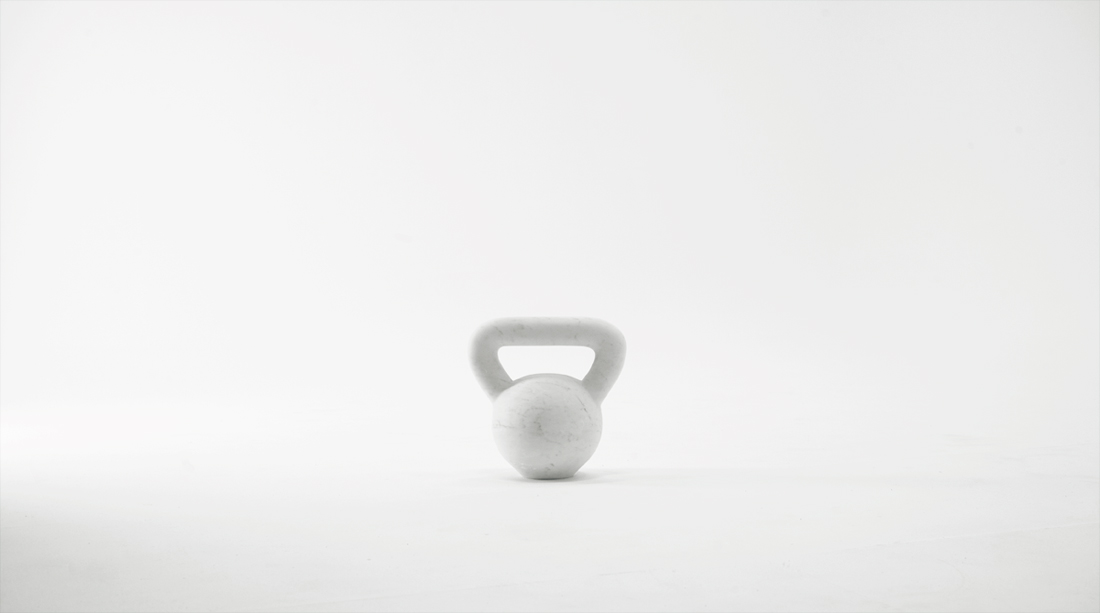
Cape Town, April 27, 2015.
Conversation in a car.
By Moa Alskog
– Look at that guy; he’s big!
A man in his late twenties sits behind the steering wheel of a maroon Opel Corsa Lite and points at the car in front of him. He points at a man sitting in the back with his arms stretched out over the back of the car seats.
– Look at how big he is. The man repeats when he doesn’t get a response.
– Who? Asks the woman sitting next to him. She looks up from her smartphone where she’s been skipping through Instagram-posts, follows the man’s gaze and confirms.
– He’s big. Like you were a year ago? She teases him.
– It’s still kind of sensitive.
– What does that mean? She continues, trying to smooth things over. Were you really fat?
– I was definitely more than chubby. At most I weighed like a hundred kilos. That was two years ago. But it’s been something I’ve struggled with since I was a child… I think it’s affected me more than I’ve realised.
– They talked about weight discrimination on a radio program* I listened to yesterday. Apparently you’re three times more likely to be discriminated against for being overweight than for other things like ethnicity, religion or gender. Three times!
She watches for his reaction, but he’s focusing on the road and doesn’t answer.
– Apparently people perceive overweight people as less intelligent, less successful and even less happy. It’s like the halo-effect but the other way around.
– The halo-effect?
– It’s a theory that success is transmittable, which basically means that if you’re good at something, people are more inclined to think you’re good at other stuff too. Or if you’re seen with successful people you have a bigger chance of becoming successful yourself. Like when you were hanging out with R that time.
– What?
– Didn’t someone ask if they could take a selfie with you, just because you were hanging out with him?
– Ja. He stops the car at a red light. She bends down to find the sparkling water in her bag. It’s a hot day and the wind entering through the half open window doesn’t really help. They’re going to the beach, to “Bakoven” or the “bourgeois beach” as he jokingly calls it, because of its clientele – mainly white middle class.
– What happened to your six-pack plans? She asks as she opens the water bottle.
– I don’t know, I forgot about it. I should start working on it again though, my ex girlfriend K told me I’d look like a total babe if only I worked out my upper body.
She imagines him tanned, with a flat hard stomach, defined biceps and bulging breast muscles.
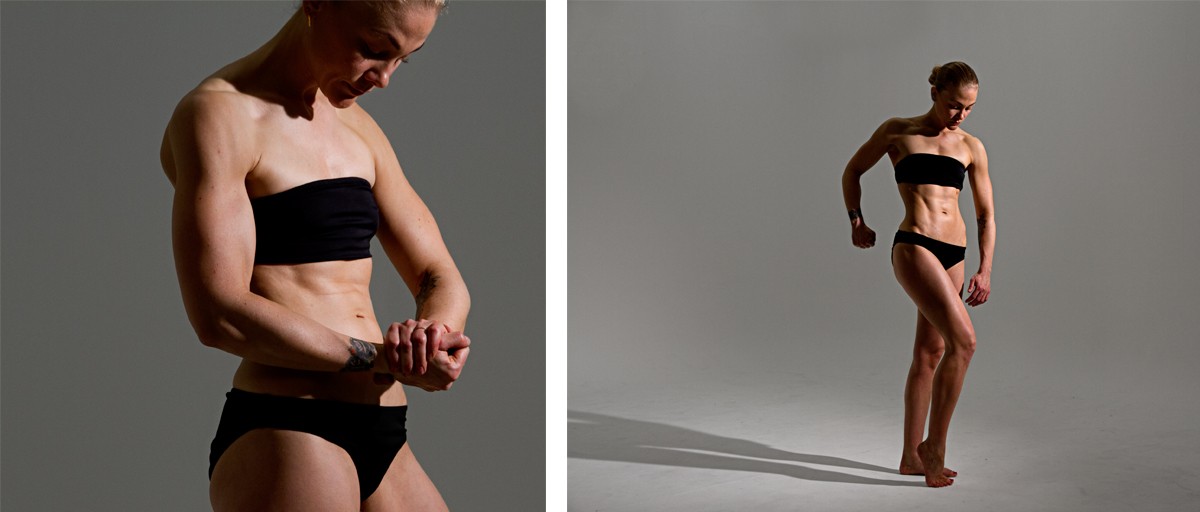
– You would look good, but don’t overdo it! I saw a guy at lunch yesterday – a bulldog. He had really big muscles and was covered in tattoos. The type that lives at the gym – not sexy! That’s how big he was.
– Just because you have intellectual aspirations and are satisfied with a soft, slouchy indie-body, that doesn’t mean everyone is also. The man snaps at her, smiling.
– I’m not soft and slouchy. I work out. Sometimes I run, but I’m trying not to be so conscious about my body. It’s a negating activity. I read an interview with Sylvester Stallone where he talks about his relationship to his body ‘I don’t want to put down working out, it’s good, but you become incredibly self-conscious. You are always aware of yourself; you are just aware of yourself. Do I look as good as I did yesterday? You are always looking for a reflection in windows and things. I don’t think there’s ever a moment, including when you are alone in your own house, when you are not constantly aware of every aspect of how you look’*
– Self-consciousness and insecurity, that’s what the man was oozing – the man I saw at lunch. Do you really think I look soft and slouchy?
– No.
– I have been thinking about it though, more than usual, my body. It started when I turned twenty-seven and I realised how close I was to thirty. I felt my ‘youth capital’ was expiring and that I had to compensate with a fit body to stand a chance in the sexual field.
– Are you kidding?
– I am. Or not actually, I’ve been thinking about it quite a lot lately. In moments of weakness I even think that men my own age will find me unattractive. It’s as if the line from that Godard movie, Le Petit Soldat got stuck in my mind. You know when Paul says to Veronica that in his opinion ‘women shouldn’t grow older than 25′.
She looks at the palm trees lined up on the side of the road, at their leaves being pulled in the direction of the wind, and at the succulents with fat, water filled leaves, and asks;
– Are you attracted to older women?
– Yes, I guess I could be, if they’re well kept.
– I am. I’m attracted to older men. Obviously, I’ve only ever dated older men. I don’t think the body is that important. The last guy I dated had the beginning of a beer belly and a sunken chest. But his personality made up for it; he was interesting, funny and smart, so…
– Is that the old guy you told me about?
– He was only ten years older than me. Yeah I guess that helped. I felt flattered.
– Because of his age?
– Not really the age, more that he was an established and successful man who “chose” me. Somehow it gave me better self-confidence both professionally and sexually.
– Ok, so you exchanged your youth and beauty for social status.
– I did really like him.
She pauses.
– But, yes it was horribly stereotyped. It did turn me on, both the fact that he was “smarter” and older than me. I think it made me feel more comfortable in my own body, as if my youth, or his age made me more attractive by default. Isn’t that far out, that we, or I, both the man and the woman are looking at the woman’s body? As if we’re sitting in a cinema watching a Hollywood movie.
– What do you mean?
– That in ninety percent of the movies I’ve seen, the woman is the object of desire, seen from a male perspective, which becomes your perspective as well. At least I think it’s fucked me up.
– You think that’s the reason women want to date older men? Because they’re objectified.
– I don’t think it’s THE reason but I think it’s a cultural construction. I saw an interview with an older poet recently, an eccentric and talented 60+ woman. She’d given up the thought of meeting someone. She didn’t think it was realistic. And maybe it wasn’t. Probably she is difficult to live with, and probably not prepared to adapt herself to take care of some man. But I couldn’t help thinking that, had she been a man, adaptable or not, 25 year-olds would’ve queued up to take care of that ageing eccentric poet.
– And maybe there are? Maybe she’s just not interested in hanging out with 25 years old boys? Maybe she’s like you, she’s only turned on by intellectually challenging conversations? Maybe she wants an older partner and now they’re all dead.
– No doubt. But why doesn’t that seem to be a problem for older men? I mean, aren’t they interested in intellectually challenging relationships? Aren’t they aware of their aging, increasingly unattractive bodies? Are they all descendants of the Marquis the Sade, who thinks an old and deformed man’s sole concern should be to enjoy himself with no concern for his object of desire? Because it wouldn’t bring him any more pleasure to bother? *
– No! He exclaims and laughs. I think a lot about my body! I’m also afraid of not being able to perform or not being attractive enough and I’m a man. Men’s bodies are also sexualised and objectified.
– But not at all to the same extent as women’s. But maybe you’re right. Maybe it’s a generational question. Western culture has in general become more about “being seen”. Susan Faludi writes in her book Stiffed that personal worth is judged in ornamental terms today. She says somewhere in the book that even traditional craftsmen and community builders must answer to the questions: Are you “sexy”? Are you “known” have you “won”? ** And that was during the 90s.
– Is that really something new? People have always wanted to be sexy and famous.
He indicates and turns left into a narrower road. White terrace houses pass outside their windows, surrounded by high fences and with signs warning trespassers of prosecution and armed response. The road is almost empty. It’s three o’clock and people are still at work. He looks through his CDs and puts one in the stereo. The soft voice of a smooth faced man streams out of the speakers:
Sometimes it feels like heaven
Sometimes it feels like hell
But you keep on going
Till it’s hard to tell*
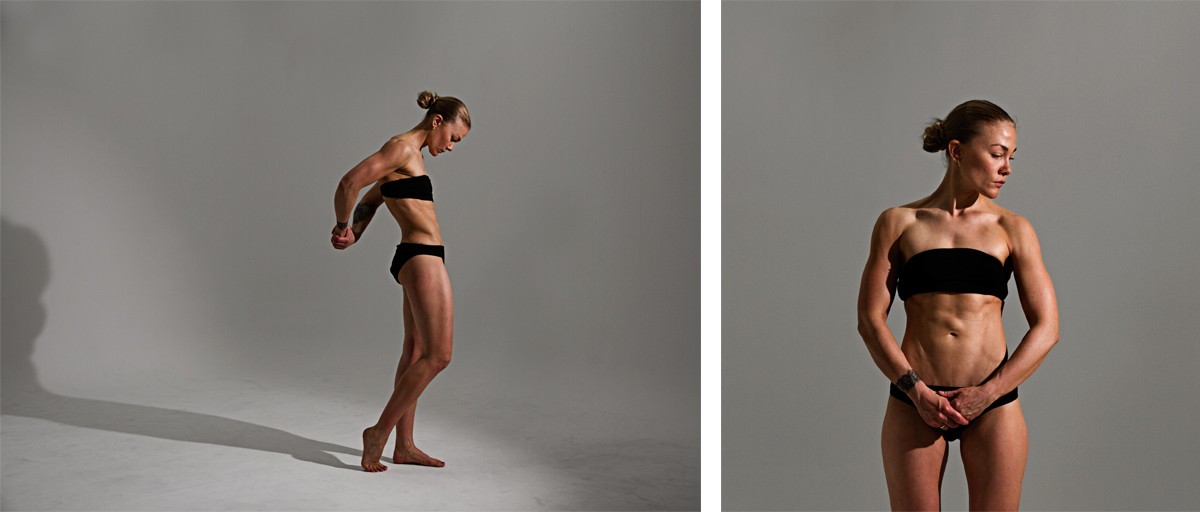
– Maybe you’re right, but it has gotten increasingly important in modernity says the woman.
– What?
– Physical attractiveness.
– Ok.
– It’s become one of the most important factors when choosing a mate, both for men and women. At least according to this sociologist** I’m reading. She means that our sense of social worth has become increasingly tied up with love and the family theses days. One of the main reasons for this is that we’re no longer born into our social status, as we were in pre-modernity, which means it’s something we constantly have to negotiate with others. In a society that’s both competitive and one in which we’re always being evaluated, love becomes a place where hopefully you can step back from all of that and where you are the winner of the contest, the one and only! It has a validation function in society it didn’t have before.
– What’s that got to do with physical attractiveness? You don’t choose your partner only because she or he is good-looking?
-Not only. But according to her people do base their choice to a high degree on physical attractiveness and personality. Because these are qualities that you’re presented with immediately and they’re seen as a reflection of a person’s inner “essence”. Whereas in pre-modern times you depended on more ‘objective’ values like status and wealth. Then it was a more collective than subjective act to choose a partner.
– Okay, you would think people thought more of education and career and stuff.
– Apparently not. But I guess if you’re successful in other areas –your feeling of self worth isn’t as dependent on “being loved”. Because you have other ‘capital’ than a nice personality and sexiness to rely on.
– Like what, work?
– Not necessarily. Hannah Arendt says that self-worth has something to do with having a voice and a role in the public sphere, about being an active member of a community, defending values and standing for those values publicly*. I think that’s right… Franz Fanon writes in his book Black Skin, White Masks how he becomes conscious about his body when moving to France in the 50s “In the white world the man of colour encounters difficulties in the development of his bodily schema. Consciousness of the body is solely a negating activity. It’s a third person’s consciousness. The body is surrounded by an atmosphere of certain uncertainty” **
He talks also of black men and women wanting to ‘become white’ by being getting together with a white woman or man. As I understand, to get a form of validation, or recognition. If you have a voice in the public space, if people listen to you, you’re recognized already, which makes you more comfortable in your body.
I mean, in comparison, look at the group of “white middle class men”. It’s the only group that can be totally unaware of their body and get away with it and even be considered as sexy!
– Really?
– Yeah. Look at Leonardo Dicaprio and his ‘dad-bod’, his seal-like body type that became a trend after he was photographed on a boat surrounded by ‘Victoria’s Secret’ models…
– With ‘mom-bod’s’. The man adds. He laughs.
– I wish!
The car slows to stop. She rolls up her window and puts on her cap. He parks at the usual spot along the road. They step out into the sun, cross the road and walk towards the staircase leading down to the beach. The sky is cloud-free and the sand white and warm. Boulders are spread along the shore. Other than that there’s no land in sight. They leave their things on the sand and head towards the sea with the song from the car still in their ears:
“Sometimes it feels like heaven
Sometimes it feels like hell
But you keep on going
Till it’s hard to tell.
And your body moves like the grace of an archangel
Like a stroke of genius from Ra-a-phae-el”
To dodo to dodo to dodo to dodo
P.1 * ’När utseendet står i vägen’ ”Tendens” Sveriges Radio, Marts 10, 2015, http://sverigesradio.se/sida/avsnitt/514422?programid=3381
P.2 * Susan Faludi, ”Stiffed – The Betrayal of the American Man” p.583, (New York, HarperCollins, 2000)
P.4 * The Marquis de Sade ”Justine” p.139 (UK, Oxford university press, 2012)
”Solitary pleasures, then, do have some charms, and can do so more than any others. If this were not so, how could so many old or deformed men enjoy themselves? They are quite sure that no one loves them, quite certain that it is impossible for others to share what they feel – do they experience pleasure any the less? Do they want to experience only the illusion of it? They are completely selfish in their pleasures, and it is obvious that their sole concern is how to enjoy them, that they are prepared to sacrifice anything to obtain them, while the object that serves them is never expected to possess any properties but those of passivity”
** Susan Faludi, ”Stiffed – The Betrayal of the American Man” p.598 (New York, HarperCollins, 2000)
P.5 *’’Rafael‘ The Hanging Gardens of Beatenberg, 2014, Beatenberg, https://www.youtube.com/watch?v=UUmp12sUGVs
**Eva Illouz, ’Why Love Hurts: A Sociological Explanation’ (Wiley, e-book, first edition 2012)
P.6 * Quote from ’An interview with Eva Illouz’ by Jessa Crispin, http://www.bookslut.com/features/2012_07_019157.php
**Franz Fanon ”Black skin, white masks” p. 83 (English translation Grove Press inc. 2008, originally published by Editions de Seuil, 1952)
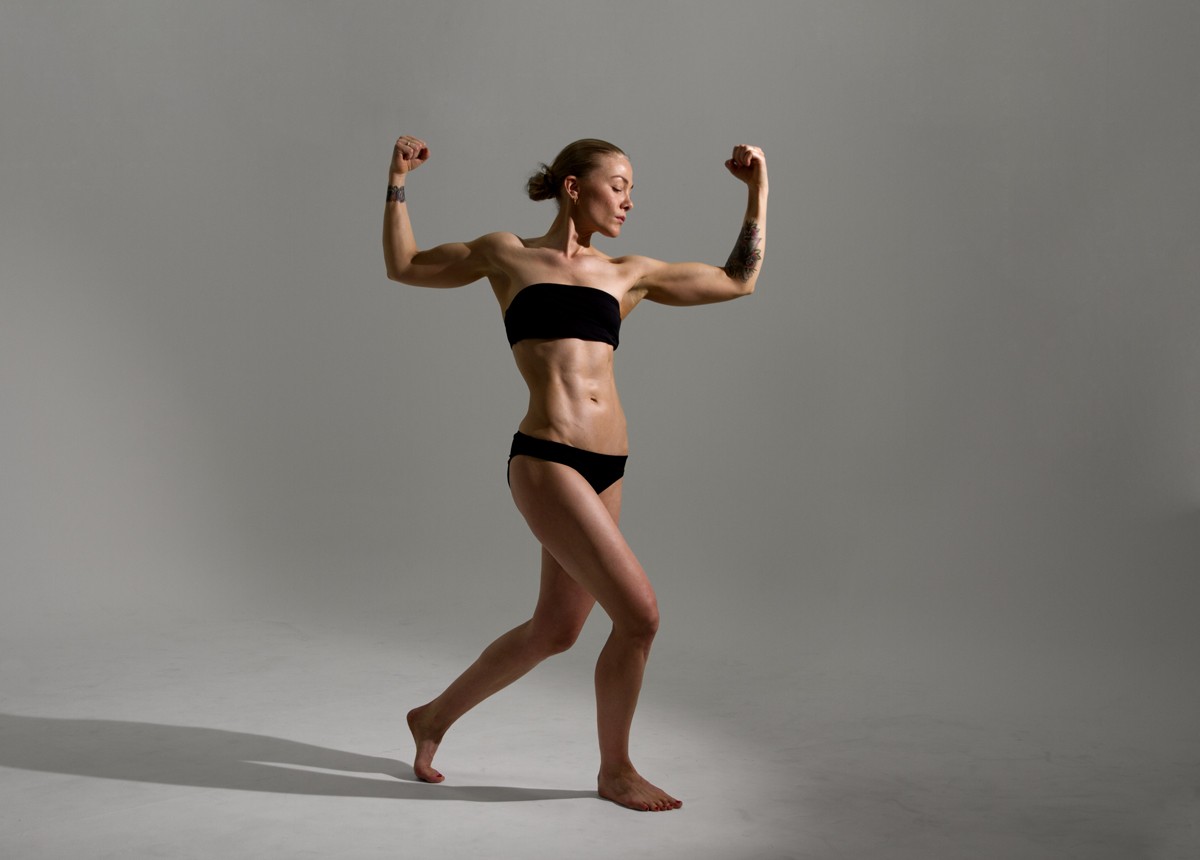
Photos by Pia Eikaas

